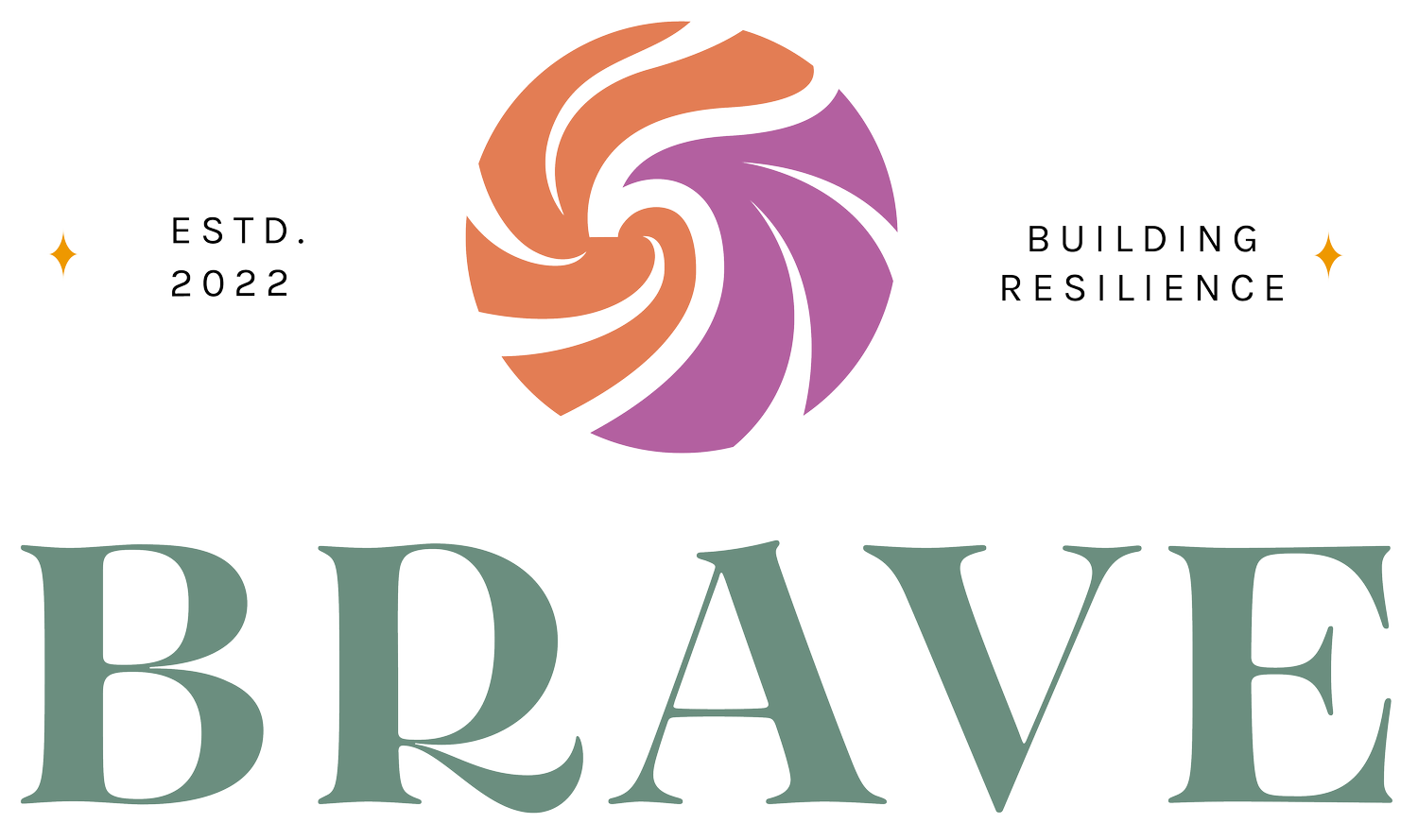Decolonizing Trauma Therapy: How to Integrate Anti-Racist Practices into Your Work
Decolonizing Trauma Therapy: How to Integrate Anti-Racist Practices into Your Work
As trauma therapists, we know that healing is complex. But what if some of the very frameworks we rely on in therapy are reinforcing harm—especially for clients from marginalized communities?
Decolonizing trauma therapy is an essential part of creating transformative healing experiences for all clients. By integrating liberatory practices and critically examining our existing frameworks, we can create spaces that truly center on our clients’ identities, lived experiences, and cultures.
Liberatory practices are those that dismantle oppressive systems and embrace healing models rooted in justice, community, and relational approaches.
Decolonizing, at its core, means stepping away from rigid, Eurocentric models and moving toward practices that foster equity and belonging.
This shift isn’t just beneficial—it’s necessary.
The Colonial Roots of Therapy Frameworks
Let’s call a thing a thing—many of the traditional therapy models we were trained in reflect colonial ideals.
From the first days of grad school, we’re taught practices that emphasize neutrality, distance, and individualism. But neutrality isn’t neutral.
These frameworks were built primarily for white, middle-class clients, reinforcing values that prioritize sameness over relationship, culture, and community.
Think about it—how often were you taught to avoid self-disclosure to protect boundaries (or was it really to avoid the therapist feeling discomfort)? Or to emphasize that healing happens within the client alone, disregarding systemic and communal influences on their well-being?
These frameworks, while appearing helpful on the surface, can leave clients from marginalized communities feeling unseen or even harmed. A rigid adherence to these models perpetuates isolation rather than connection.
The Impact on Clients from Marginalized Communities
When our practices are shaped by colonial ideals, we risk alienating the very clients we hope to help. Traditional frameworks can leave clients from marginalized communities feeling misunderstood, isolated, and mistrusting of the therapeutic process.
I’ll be honest—early in my career, I followed these frameworks to the letter. I wanted to be a "good" therapist, and that meant adhering to the "rules" my mentors taught me. But something felt off. I didn’t realize it at the time, but that discomfort was a signal. I was practicing within a colonial model that wasn’t serving all of my clients.
As a white woman, staying rigidly within these models, I was unintentionally contributing to the same systemic forces I wanted to help dismantle. The disconnection I felt was mirrored by my clients, many of whom weren’t finding the healing they deserved.
What It Means to Decolonize Trauma Therapy
Decolonizing trauma therapy means critically examining and shedding the frameworks that keep us—and our clients—stuck.
It’s about doing the hard work of breaking apart colonial ideas and making space for practices that center culture, relationship, and lived experience.
This doesn’t mean rejecting the teachers and mentors who shaped us. Instead, it asks us to hold a mirror to our work and ask: Am I practicing in ways that serve all my clients, or just those these models were designed for?
Liberatory practices are central to this process. These practices invite us to lean into relational, culturally responsive, and community-based approaches to healing.
In liberatory therapy spaces, we release the need for perfectionism, distance, and "professionalism" rooted in whiteness. Instead, we show up as fully human, engaging with clients in ways that honor their lived realities and systemic influences.
A great resource to explore both of these concepts deeper is Decolonizing Therapy by Dr. Jennifer Mullan, which dives into the core principles behind this movement.
Practical Reflection: Where Does Colonialism Show Up in Your Practice?
Take a moment to reflect on areas of your practice that might feel rigid or disconnected. Some things to consider asking yourself:
How do I communicate and define boundaries with clients?
Am I hesitant to explore cultural identity or systemic oppression in sessions?
Does the language I use reflect my authentic self, or am I adhering to outdated "professionalism" standards?
Recognizing these areas is an important step to decolonization.
Actionable Steps Toward Decolonization
The work of decolonization doesn’t happen overnight. It’s a gradual process of small, intentional shifts. Here are a few tangible ways to begin:
Review Your Intake Forms: Are they inclusive of diverse identities and experiences? Consider adding sections for pronouns, chosen names, and cultural background.
Restructure Session Formats: Allow clients to guide how sessions unfold. Create more fluid, collaborative spaces that respect cultural practices, consider adding intensives to your work.
Rethink Introductions: I’ve shifted from introducing myself as Dr. Hughes to simply “Jenny.” When clients ask how to address me, I give options—Jenny, Dr. Jenny, or Dr. Hughes—empowering them to choose what feels right for them. This small change removes unnecessary hierarchy and invites more authentic connection.
Even these small changes create meaningful ripples, signaling to clients that your practice is a space for healing and belonging.
Get the Support You Deserve: Fillable Anti-Racism Workbook
If you’re ready to take this work further, I’ve partnered with Tawanna Woolfolk, LCSW, to create a fillable Anti-Racism Workbook specifically for trauma therapists.
This workbook guides you through crafting your own anti-racism and anti-discrimination statements—an essential part of creating inclusive, decolonized therapy spaces.
By developing clear, intentional statements, you communicate to clients that your practice prioritizes equity, inclusion, and safety.
This isn’t a download—it’s a fillable Google workbook, allowing for deeper engagement and reflection. You can access the workbook right here!
Let’s walk this path together—one intentional step at a time.






